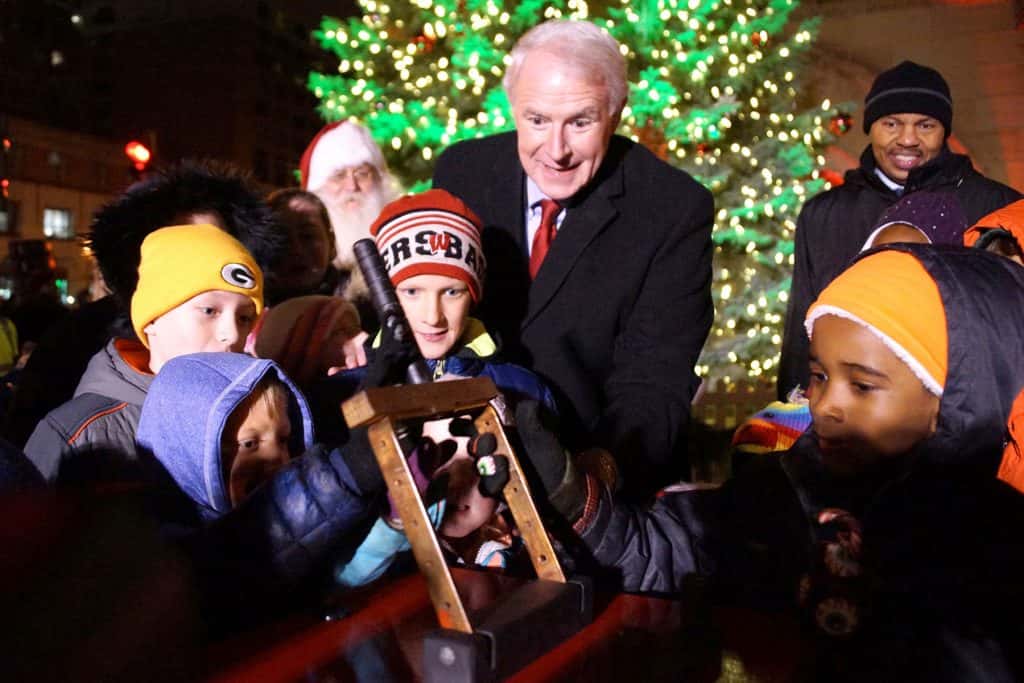Rafael Garcia is executive director of Community First, a nonprofit organization that helps low-income and elderly Milwaukee residents afford the repairs needed to maintain and remain in their homes. It has worked on more than 260 homes since starting in 2015, and last year provided repairs worth an average of $35,000. Garcia said his organization also teams with local contractors to help them grow their business.
Q&A
Q: Community First was invited to attend the recent United Nations Conference on Housing and Sustainable Urban Development in Ecuador. Tell us more about the opportunity.
A: It is a conference that is held once every 20 years, so it was a big deal. We were very excited to see what other cities around the globe are doing in terms of sustainable urban development. But we were also excited to share some of the things that we are doing here in Milwaukee, a very innovative city.
Q: How would you describe your organization’s primary purpose?
A: Whether it is fixing a roof, windows, flooring or whatever, we ultimately want to make sure that families are able to stay in their homes. Often they have been in their homes for 30 years, sometimes longer. So we are trying to preserve their home and keep them in it, because we understand that their home is their whole life.
Q: What’s the biggest challenge you’ve faced as a nonprofit leader?
A: It’s a very difficult job being an executive director. One of the biggest challenges I have is to get people to see what it is that we’re doing, and get people to see the impact we’re having on families and communities. Because once they see that, they will support Community First in a greater way. We need to tell our story; we need to get it out there.
Q: What makes you a good leader
A: I’d say situational leadership and management is one of my strengths. I think it is important to know how to relate to people on different levels depending on what that person may or may not need. I am not a micromanager, and I believe that hiring the best-qualified people is really what sets me apart. If I have staff that are doing what they are supposed to be doing, and are achieving at a high level, it not only makes me look good, but also the entire organization
Q: What makes Community First different from other housing nonprofits?
A: I consider our collaborations very innovative. For example, we chair the housing committee for the working group Take Root Milwaukee. It is a committee that champions fair housing here in the city. I consider that one of the great partnerships and collaborations that makes Milwaukee unique. We’re different because we run the first NID, or Neighborhood Improvement District, in Milwaukee. Community First is one of seven NIP agencies and operates the largest program on the North Side of Milwaukee.
Q: After you’ve finished with a house, how do you maintain relationships with the families?
A: We just don’t want to pack up and leave, because eventually they will fall into the same cycle. We really do care a lot about the families we serve, and this is our opportunity to teach them where to go from here. We teach financial literacy, team up with Victory Gardens to help them grow their own food, and teach them how to use new appliances and items in their homes. We want to move families from just barely scraping by to sustainability.
Originally published on the Milwaukee Neighborhood News Service as Community First leader strives to help homeowners remain in their houses














